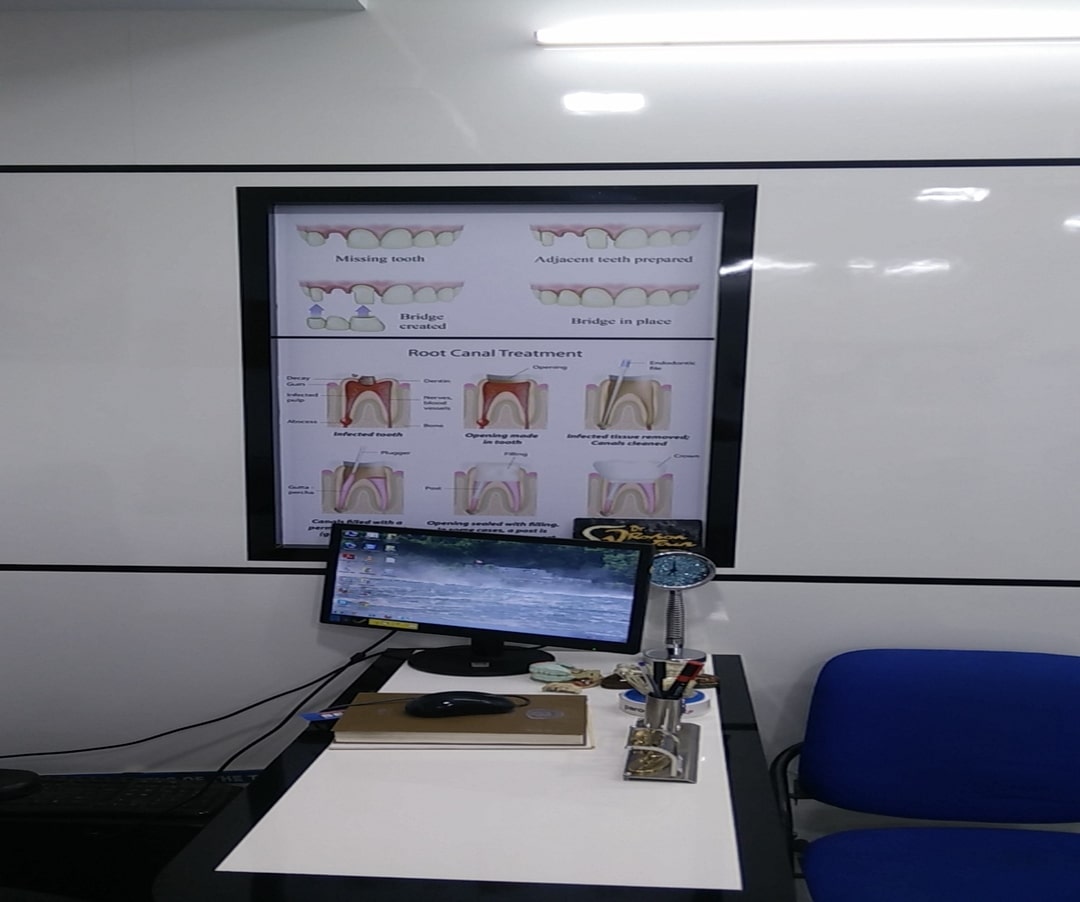
In general, a dental emergency is any medical issue or injury that causes a significant level of damage to the teeth, gums, and/or the jaws that requires immediate attention. With this definition in mind, it is important to remember that most (but definitely not all) dental emergencies are not considered medical emergencies – in other words, dental emergencies are not considered life-threatening aside from some severe cases.
So what are dental emergencies, and how will I know if I have one?
Types of Dental Emergencies
Tooth fracture, luxation, and avulsion.
One of the most common dental emergencies is that which involves physical damage to the teeth. Direct damage to the teeth can be categorised into three different types: a tooth fracture, in which the tooth breaks; a tooth luxation, in which the tooth is knocked loose; and a tooth avulsion, in which the tooth is removed completely and is now missing from its socket. Physical damage to the teeth occurs a lot more often than one might think, most commonly happening as a result of an accident such as a fall or a crash. These incidents usually occur while one is participating in contact sports such as basketball, hockey, rugby, or some similar spot, which is why it is recommended (if not required) to wear protective mouth guards while playing such sports to protect the teeth from getting damaged in this way.
Oral Infections.
Another very common reason to head immediately to your dentist's clinic is for an infection. Dental infections can happen for a variety of reasons and affect different parts of the mouth, from the teeth, to the gums, and to the supporting tissues and even bones in the mouth. a dental abscess is a notable example of an oral infection, in which bacteria finds its way into the gap between the gums and the tooth, creating an infection and causing the body to respond by creating a pocket of pus in the area of the infection. If left untreated, the abscess will grow, impeding speech, swallowing, and breathing, as well as becoming a source of much more dangerous complications.
Pulpitis.
Another disease of the teeth that requires immediate attention is pulpitis, an inflammation of the fleshy pulp inside a tooth. Pulpitis is usually caused by a bacterial infection that occurs from inside the tooth, which itself is usually caused by a cavity that allows the bacteria to enter the tooth in the first place. Besides an intensely sharp pain that hampers one’s ability to speak and eat food, pulpitis can also become a bigger problem as the bacterial infection that caused it can spread to the gums and other teeth.
What isn’t a dental emergency?
The answer to this question is pretty clear – anything that doesn’t need you to head to the dentist as soon as possible is automatically not a dental emergency. That being said, just because something wrong with your teeth or gums isn’t considered an emergency doesn’t necessarily mean that you can forego going to the dentist and go about your business until it does become a serious problem. If you feel any pain or discomfort from your mouth that wasn’t there before, it is often a good idea to schedule an appointment with your dentist especially with a Leading emergency dentist in Joondalup as soon as it is convenient for you. This is because whatever problem that is causing the pain couldbe a sign of a bigger problem, or could lead to one if you simply leave it alone.
Another dental problem that you would want to have checked out is sensitivity. If you feel a sudden, sharp pain in one or more of your teeth when you eat or drink something hot or cold, you should have that checked by your dentist. Abnormal sensitivity to hot or cold foods and drinks usually happens when the nerves in the pulp of one or more teeth are exposed, which can be caused by a cavity or a bacterial infection in the mouth. Just like other mouth or tooth pain, having that checked out by your dentist as soon as possible will help to identify problems in your mouth that could be dealt with before they grow into a more serious problem.
Categories: